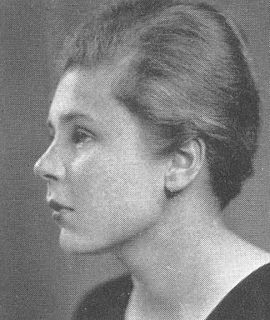A Quote by Anne Sexton
Related Quotes
They all think any minute I'm going to commit suicide. What a joke. The truth of course is the exact opposite: suicide is the only thing that keeps me alive. Whenever everything else fails, all I have to do is consider suicide and in two seconds I'm as cheerful as a nitwit. But if I could not kill myself -- ah then, I would. I can do without nembutal or murder mysteries but not without suicide.
Suicide rates have not slumped under the onslaught of antidepressants, mood-stabilizers, anxiolytic and anti-psychotic drugs; the jump in suicide rates suggests that the opposite is true. In some cases, suicide risk skyrockets once treatment begins (the patient may feel not only penalized for a justifiable reaction, but permanently stigmatized as malfunctioning). Studies show that self-loathing sharply decreases only in the course of cognitive-behavioral treatment.
...we ask: Why suicide? We search for reasons, causes, and so on.... We follow the course of the life he has now so suddenly terminated as far back as we can. For days we are preoccupied with the question: Why suicide? We recollect details. And yet we must say that everything in the suicide's life- for now we know that all his life he was a suicide, led a suicide's existence- is part of the cause, the reason, for his suicide.
The subject of the poem usually dictates the rhythm or the rhyme and its form. Sometimes, when you finish the poem and you think the poem is finished, the poem says, "You're not finished with me yet," and you have to go back and revise, and you may have another poem altogether. It has its own life to live.
If poets often commit suicide, it is not because their poems are bad but because they are good. Whoever heard of a bad poet committing suicide? The reader is only a little better off. The exhilaration of a good poem lasts twenty minutes, an hour at most. Unlike the scientist, the artist has reentry problems that are frequent and catastrophic.
Poetry is a river; many voices travel in it; poem after poem moves along in the exciting crests and falls of the river waves. None is timeless; each arrives in an historical context; almost everything, in the end, passes. But the desire to make a poem, and the world's willingness to receive it--indeed the world's need of it--these never pass.




































